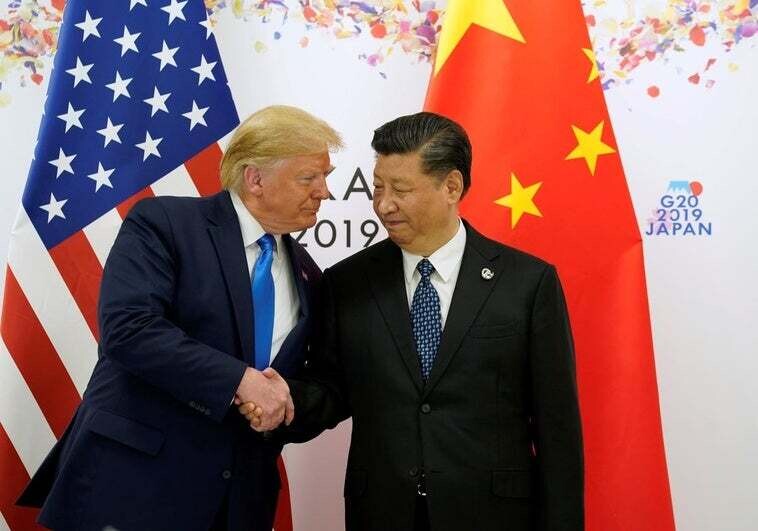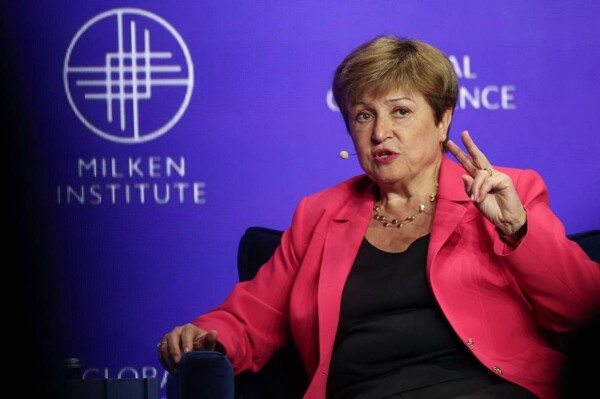
Donald Trump announced his intention to impose heavy tariffs on Chinese products, which generated uncertainty about the reaction of China's political leaders. Experts point out that the regime's structure and vested interests in China complicate any solution. Despite barriers to Chinese exports worldwide, the Chinese economy could continue to slow down if the situation is not resolved.
Trump's trade agenda seemed to target China as the main focus, prompting discussions about the potential advantage for China in facing the tariff policy. It was suggested that the Biden administration sought to maintain close relationships with allies like Japan and South Korea, while Trump created distrust among U.S. allies. This situation raises the possibility that China could become an option for countries dependent on U.S. protection.
China's response to the proposed tariffs suggests the need to favor domestic consumption over exports, though this shift presents significant challenges. Trump's tariff policy aims to reshape the economic relationship with China, forcing China to strengthen its autarky. Domestically, the Chinese government faces the challenge of maintaining its authority amid U.S. hostility and a possible reaction of popular nationalism.
Amid uncertainty, the Chinese power elite sees Trump's return as an opportunity for nationalist mobilization. Despite global criticisms of Trump, China has gained benefits from his term. China's strategy to resist the tariff policy involves greater solidarity with Southeast Asia and the Global South. On the other hand, Trump has expressed possible agreements with China, which could change the dynamics of the tariffs.
The Chinese economic model, based on exports, faces challenges from the new tariffs and questioned trade practices. The bet on autarky poses difficulties in transitioning to a model based on domestic consumption. As the trade landscape is redefined, China seeks to establish agreements with various countries amid uncertainty about the future of international relations.
In summary, Trump's tariff policy has generated tensions in international economic relations, particularly with China. China's response to these challenges involves strengthening its internal economy and seeking alternative alliances in the face of global uncertainty. The tariff decisions of the United States and China will have significant repercussions on the global economy and international political relations.













